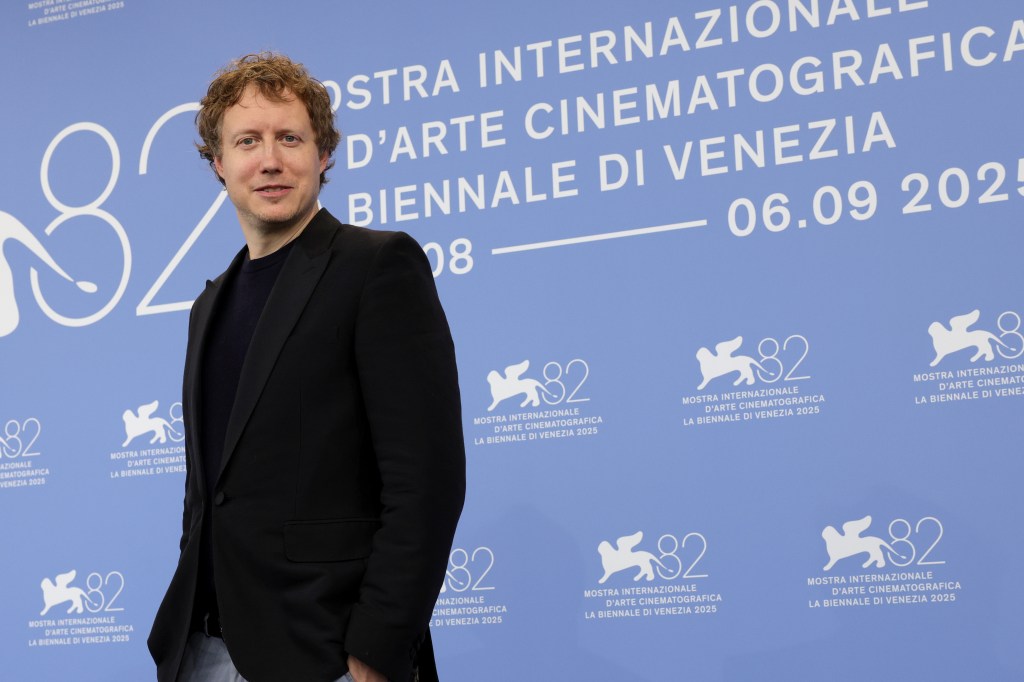With the Venice Film Festival unfolding against a tense geopolitical backdrop this year, topped by the Gaza crisis and the ongoing war in Ukraine, there is talk of whether politics will eclipse cinema on the Lido this year.
Quizzed on the role of filmmakers in the current political context at the press conference for his Golden Lion contender Orphan, Hungarian director László Nemes gave a thoughtful reply.
“As filmmakers, there are some things we can do and some things we cannot do. What we can do, and what I’m striving to do, is to establish human links, relationships between people. If someone is sitting in the audience and I don’t know them, I can communicate with them,” he said.
“We can have our subjectivities… but I want to make films in which there’s enough freedom and space for the audience. I don’t want to tell them, control them. I don’t want to manipulate them. I want to be as honest as possible with them… with as a result, I think, a dynamic that’s good for everybody, for civilization,” he said.
“The big question being for me – in film, in art, but also in everyday life – are you a humanist or an anti-humanist?’” he continued.
“There are two forces in the heart of civilization, and sometimes there is this duality that cannot be easily solved. It’s intertwined. We have seen in the 20th century what it can produce in the heart of civilization… we know what it can produce in the future. So, the real question is, where is the humanism in what we do? As a filmmaker, that’s my responsibility.”
Orphan marks Nemes’ third feature after 2015 Cannes Jury Prize winner Son of Saul, and 2018 drama Sunset, which also debuted in competition in Venice winning the FIPRESCI prize.
The story is inspired by the stories of his father, the filmmaker András Jeles, and his grandmother, but also touches on the idea of generational trauma.
“This story has haunted me ever since I was born. The traumas of the 20th century reverberating all through my existence and possibly beyond that was something I had to live with on a personal level, but also was in my mind,” Nemes told the press conference.
As he explained that as he started co-writing the screenplay with long-time collaborator Clara Royer the story took on a wider dimension, beyond that of his family’s experiences.
“In the process of making the movie, I discovered that It encapsulates much more than just an individual story. It goes beyond that. It’s the story of a country, of a continent… the traumas that we keep carrying within us,” he said.

